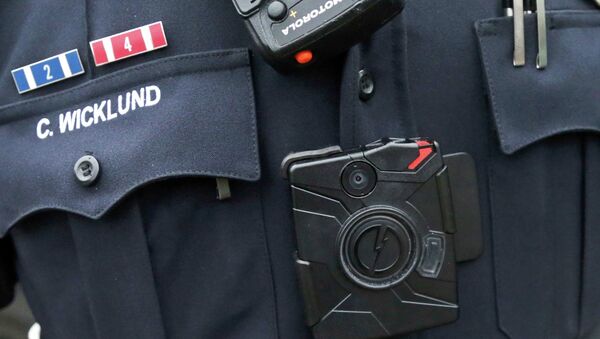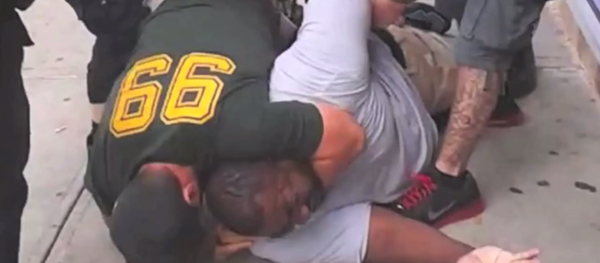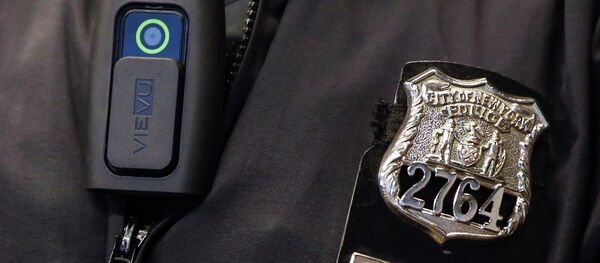"Requiring employees to wear BWCs will change several aspects of their job and regularly assigned duties," Stephen Lazarus, a lawyer for the union, wrote in the letter. "The adoption of new BWC policies will also have a significant impact on the employees' wages, hours, or other terms and conditions of employment. Accordingly such changes are mandatory subjects that must be bargained to impasse with the union before they are implemented."
City manager Harry Black responded to the letter, stating that he is authorized to order the cameras be worn without contract renegotiations.
"Having a body camera program fosters transparency, allows the city to better protect the public and protects officers from frivolous and fraudulent claims," Black wrote.
He also pointed out that the union had been notified in advance that they would be implementing a body camera program.
“The FOP had ample opportunity to bargain over its proposal at various bargaining sessions and during mediation,” Black wrote. “The FOP did not focus bargaining towards its BWC proposal. Considering that this is the FOP’s proposal – not management’s – the burden is on the FOP to raise this issue during bargaining.”
In October, Raymond Tensing, a white University of Cincinnati police officer, will stand trial after fatally shooting a black motorist last year, which lead to massive protests.
Tensing had claimed that Sam DuBose, 43, attempted to run him over, but body camera footage exposed that claim to be a lie.
The city has been working to outfit all officers with body cameras for a year, and has already purchased 700 cameras, and signed a seven-year agreement with TASER. The contract is said to cost taxpayers up to $6 million.





